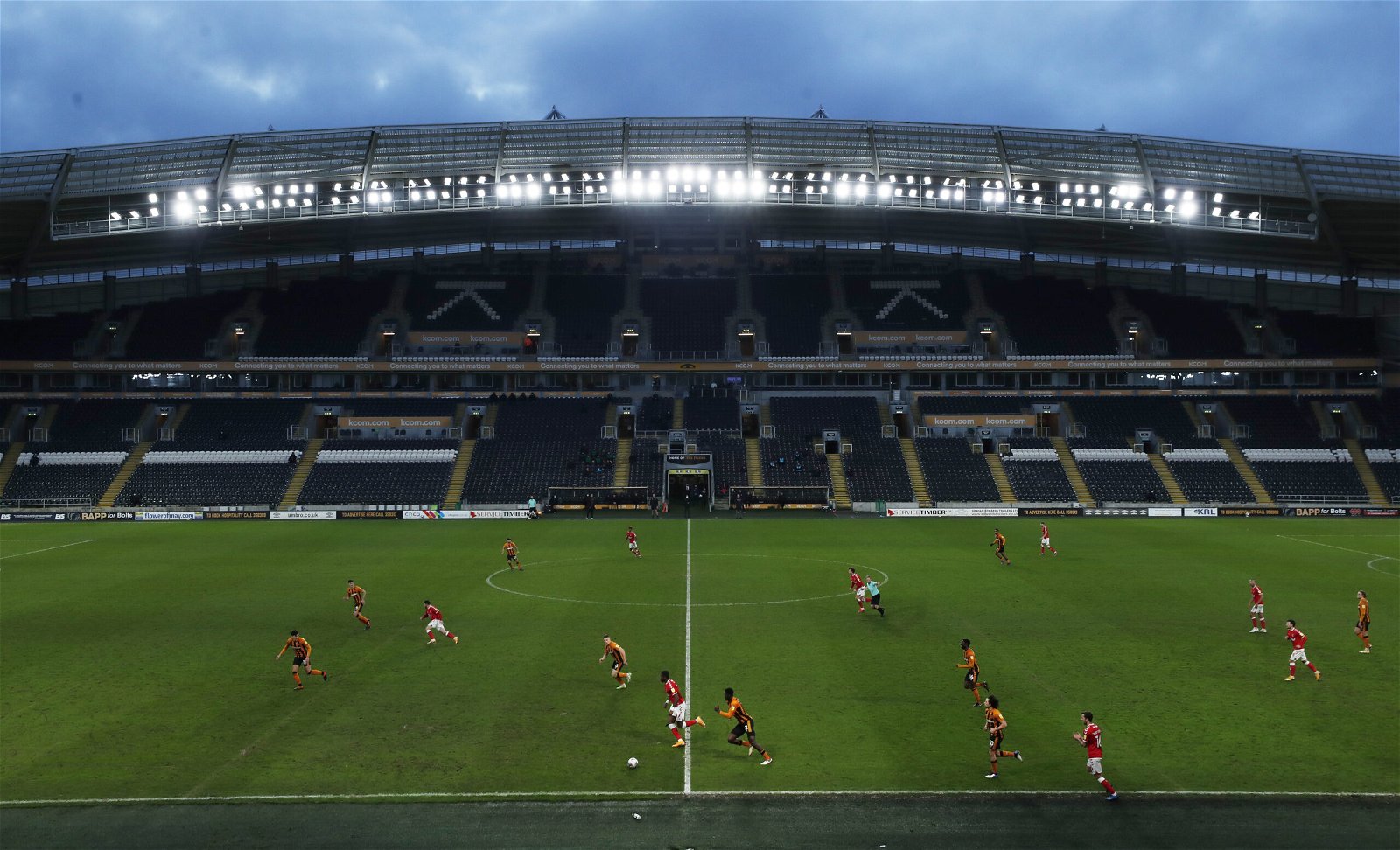Dave Whelan is to hand over the reins of Wigan Athletic to his 23-year old grandson David Sharpe. Whelan has already stepped down, and Sharpe, who became a director of the club in December, is expected to be formally announced soon. He will be supported by existing chief executive Jonathan Jackson.
78-year old Whelan has felt very much like a man out of his time the last few months. Ill-advised comments around the time of the appointment of new boss Malky Mackay – who was and is a tarnished proposition after an investigation for racist text messages sent while manager of Cardiff – led to a ban and a fine for the Wigan chairman. Although he accepted the charge, Whelan looked like a dinosaur, a product of a different age.
Which of course, he was – a professional footballer in the 1960s, he played in an FA Cup final for Blackburn, before building first a chain of supermarkets, then the JJB chain of sports shops. Raised in Wigan, he bought his hometown club in 1995, and since then the ups have significantly outnumbered the downs: three promotions, eight Premier League seasons, a League Cup final, a foray to the Europa League, and an FA Cup win. Not to mention a new stadium.
Whelan will be remembered fondly by many for his treatment of the club – and that is something of a rarity these days. He will remain owner, and with young Mr Sharpe in the hot seat, the Whelan family influence will continue to be felt for long to come.
But the club’s fortunes are most definitely fading, first relegation from the Premier League, now an uphill struggle for survival in the Championship – with thirteen games to go, they sit six points from safety.
Whelan’s racist and anti-semitic comments hastened his exit, but he had already held on too long.
Knowing when to go is a difficult skill – one not a lot of people have.
On the field, football is unforgiving – 34-year old full backs whose legs went a season or two before are left grasping at air as the latest 19-year old winger goes by them; midfield generals get beaten to 50-50s or find the energy for that last lung-busting chase back is no longer there.
Off the field, it can be less obvious when someone has out-stayed their time. Whelan has jumped from his day-to-day role just as he was beginning to get pushed. Massimo Cellino did similar last month at Leeds. Although both retain familial attachment to their clubs.
For those who try to stick around, it can get ugly, as it did at Rangers – where both the CEO and the Finance Director were ousted by a minority shareholder this week. CEO Derek Llambias and FD Barry Leach are also associates of Mike Ashley’s Sports Direct, the tangled web of football ownership extending across national borders, as it does. Newcastle United owner Ashley is another who has tried the patience of his club’s supporters and drawn the wrath of the footballing authorities lately.
Football is a small world and pressure builds quickly – financially and with the court of opinion. Perhaps this pressure is why there are so few serial owners of football clubs – Milan Mandaric and Ken Bates are two that spring to mind. Both thick skinned souls. Both have had their fair share of scrapes.
Rangers found themselves in receipt of vast sums of money from Mike Ashley, as well as in receipt of five Newcastle loanees. Even more extreme, Charlton Athletic find themselves at the whim of Standard Liege owner Ronald Duchatelet, acting as a feeder club for the Belgian side, with something approaching a revolving door of players and coaches.
Despite the ignominious end, Wigan fans can look back at a stable, and largely successful twenty years under Dave Whelan. In the future, the waters may not be quite so calm.






